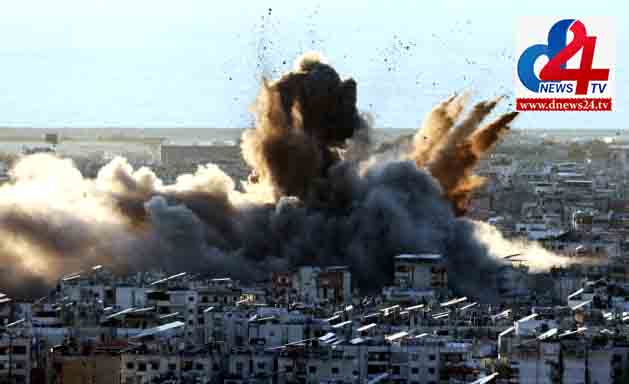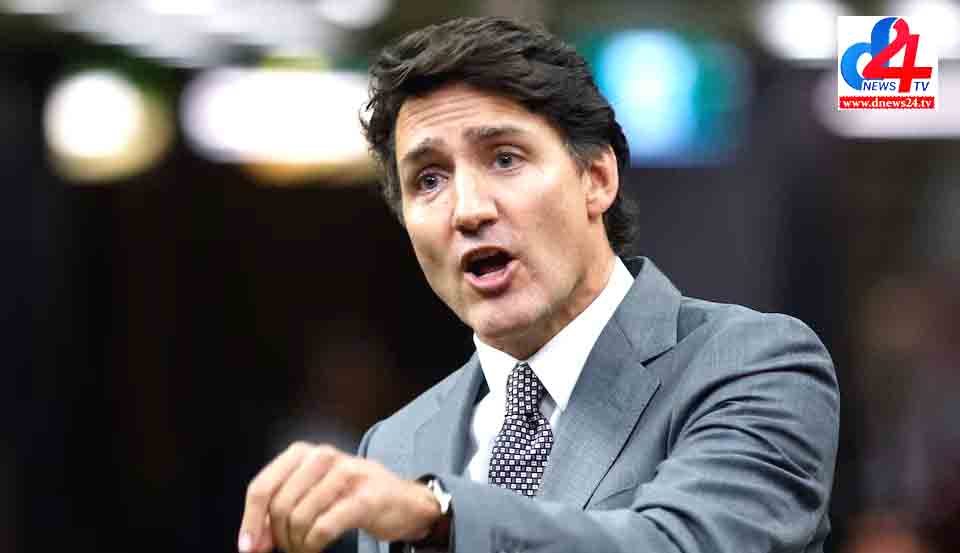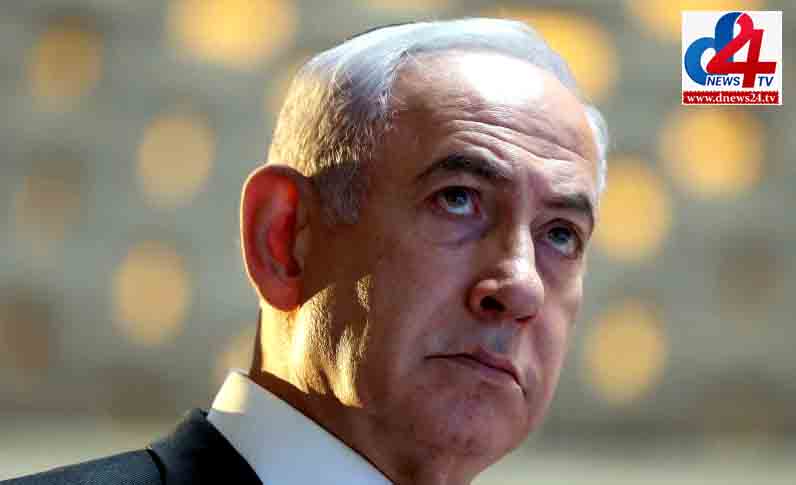DAMASCUS:
Syrian rebels have claimed control of Daraa, a city in the southwest where the civil war began following the 2011 crackdown on peaceful protests.
The Southern Operations Room, a coalition of opposition groups, announced on Friday that they had taken the entire city, although the Syrian Defense Ministry has not yet confirmed these claims.
The opposition now faces off against Assad’s forces from both the north and south, with the strategic aim of isolating the capital, Damascus.
Daraa holds particular significance as the birthplace of the 2011 uprising, and its capture by opposition forces marks a symbolic blow to the Assad regime.
In addition to Daraa, rebel forces have also seized the Nassib border crossing on the Syria-Jordan border, a key point on the M5 highway linking Aleppo and Damascus.
The opposition’s recent advances in the north have been equally swift. Led by former al Qaeda-affiliate Hayat Tahrir al-Sham (HTS) and other militant factions, insurgent forces have captured Aleppo and Hama in under two weeks.
Their next target is Homs, a strategically important city in central Syria. On Friday, opposition fighters claimed to have taken the last village on the outskirts of Homs and were closing in on the city itself.
If Homs falls, it would effectively split Assad’s territory in two, isolating Damascus from the coastal regions, which are crucial to the regime’s support base.
The opposition’s rapid progress marks a significant escalation in the civil war, which had largely stagnated in recent years due to ceasefires and foreign interventions.
This renewed fighting has reignited the conflict, which has in the past drawn in various regional and international powers, including Iran, Russia, Saudi Arabia, and the US. Over 300,000 civilians have been killed, and millions displaced since the war began in 2011.
In the northeast, the US-backed Kurdish-led Syrian Democratic Forces (SDF), the Syrian branch of the PKK group, have made significant gains.
The PKK has been waging a deadly armed campaign against Turkiye and is listed as a terrorist organisation in the US and European Union.
The SDF captured Deir el-Zor, a key government stronghold in the eastern desert, and also took control of the nearby Albu Kamal border crossing with Iraq. The capture of Deir el-Zor is the third major city to fall from Assad’s control in a week, following Aleppo and Hama.
The intensifying rebellion has prompted concern among Assad’s allies. Iran, which has been focused on tensions with Israel due to the Gaza conflict, has announced plans to send additional military equipment and advisers to Syria. A senior Iranian official stated that Tehran would also provide intelligence and satellite support to assist Assad’s forces.
The Syrian conflict has intensified as Russia, a key backer of Bashar al-Assad, has shifted its focus to the war in Ukraine. Russia, which intervened in Syria in 2015, redirected its resources and attention to the Ukraine conflict starting in February 2022.
The opposition’s successes have energised other regions of Syria, with local uprisings and defections increasing.
In the southern city of Sweida, clashes broke out between Druze militias and Syrian security forces, resulting in at least three deaths. Anti-government fighters also took control of the local police station and prison. These developments are fueling the broader effort to oust Assad.
While the opposition remains unified in its goal of toppling the Assad regime, internal divisions exist among the various factions. HTS, a former Al-Qaeda affiliate that has distanced itself from the organization since 2016, has sought to present itself as a viable alternative to Assad’s rule. In his first interview since his group began its offensive in late November, HTS leader Abu Mohammed al-Golani reiterated that their ultimate aim is to build a new Syria and bring refugees back from Lebanon and Europe.
The rapid advances by opposition forces have raised alarms in neighboring countries. Iran, Iraq, and Syria issued a joint statement calling the opposition forces a “serious danger,” while Israel has heightened its military preparedness in response to the shifting dynamics on the ground. The US State Department has warned American citizens to leave Syria due to the increasingly volatile security situation.




